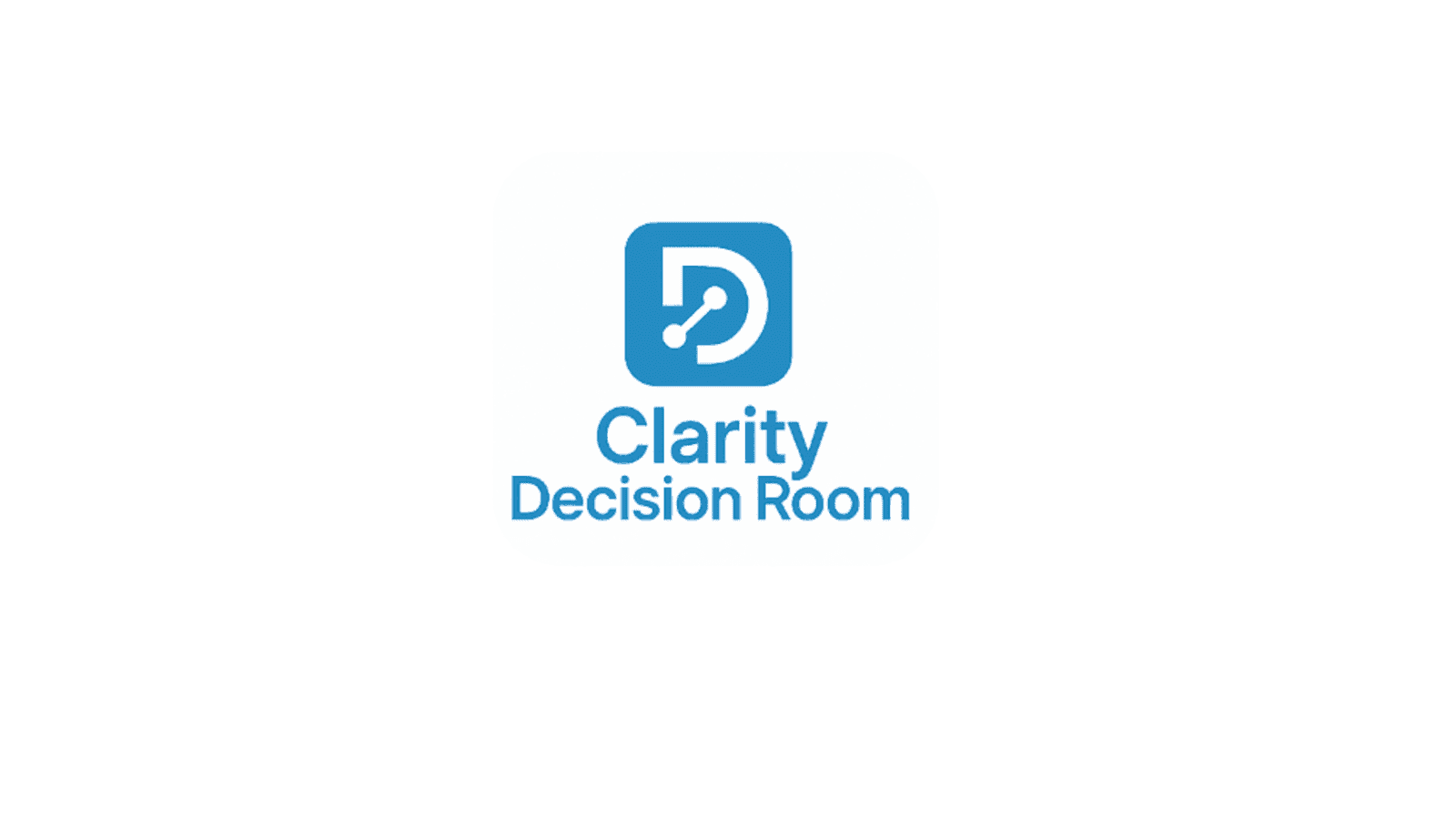Being a profitable company or aspiring to be profitable is not unethical.
Your position as a decision-maker is not a coincidence. It is a testament to your leadership, your ability to process information, and your knack for making sound decisions. You stand out from the crowd. Yet, we all grapple with decision-making. We make mistakes, and we have biases based on our life experiences, relationships, and culture.
However, we cannot allow these biases to impede the mission entrusted to us by our leadership. We have a responsibility to our employees, customers, stakeholders, and shareholders to ensure profitability and increase growth. In essence, our leadership has placed their trust in us to deliver success.
There's a lot of stress when you are a decision-maker. You have a lot on your shoulders. Sometimes, our integrity waivers and mistakes feel like the end of the world, and we want to hide or feel as if nobody can understand us or our good intentions. It is OK to feel this way but it is not OK to allow these feelings to control us. Let's take a moment to affirm ethical decisions that are unpopular.
- It is OK to acknowledge your company's financial goals. Being a profitable company or aspiring to be profitable is not unethical.
- Acknowledging and removing people or processes detrimental to the company's financial goals without prejudice is OK. It doesn't matter who or what if it harms the mission; removing that person or process is OK.
- It is OK to reduce your workforce to meet your financial goals. It is hard to do, but offering alternatives and reduction packages is the best we can do sometimes.
- Integrity is not just a desirable trait; it's a non-negotiable requirement in everything we do. It may falter at times, but it can never be compromised. Even if it means personal sacrifice, we must stand firm on our integrity.
- It is OK to have moments of humility. A humbling experience will keep you focused. Frame these moments as teachable moments rather than embarrassments.
- It is OK to make the best choice even when it isn't popular. You were hired as a decision-maker because you can create the best path forward. Not everyone can see the end and use the direction as a means. Some people are stuck on the means and not the end. That isn't your fault.
- It is OK to be pragmatic instead of emotional when making decisions. Bad things happen to people, and bad things happen in business. When they do, we must stay calm and remember our commitment to the mission. It is OK to think about the mission and then explore reasonable alternatives to solve the issue.
Although,
- Making decisions that are detrimental to your company, environment, society, or economy is not OK.
- It is not OK to make decisions to avoid accountability.
- It is not OK to make decisions based on personal or professional grudges that aren't related to unreasonably poor performance.
- It is not OK to make decisions based on race, gender, or ethnicity.
- It is not OK to make decisions based on personal gain. Making decisions with personal gain in mind can lead to a loss of trust, reputation, and even legal consequences. When making decisions, we should always consider the company's and its stakeholders' best interests.
- It is not OK to break the law.
Avoid unethical decisions by
1. Acknowledging your feelings. Pride is destructive, so put it aside. You don't have to be right. It is better to be wrong than to place your company in a bad situation.
2. Don't have an insular decision practice. You need more perspectives.
3. Consult legal. Your legal department is your best friend. Let them help you navigate difficult decisions.
4. Marketing is your second best friend. Let them help you with the narrative.
Overall, remember that you aren't alone. You have other people working with you to complete the mission.
Read about these companies who struggled with ethics in decisions:
Macy's. From 2021-2024, one Macy's employee hid $151 million in delivery expenses to cover an error. This one employee forced Macy's to close 150 stores in the next three years and sell shares to mitigate the impact.
Valeant Pharmaceuticals. "Developed a strategy based on acquisitions, cost-cutting, and price hikes."
Notable mentions: Enron, Uber, Facebook
